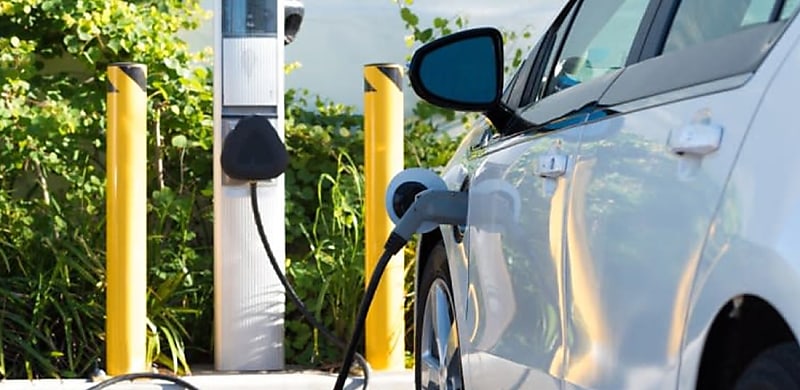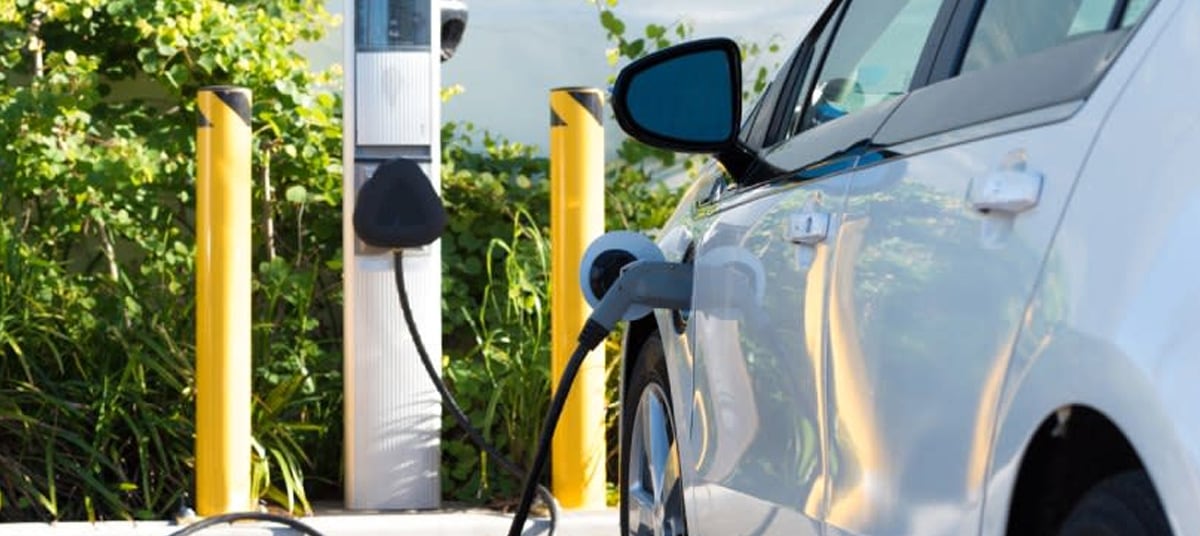
Nearly one in 10 new car sales were electric vehicles last year, according to the Electric Vehicle Council, as strong demand for more sustainable driving options drove record sales.
New electric vehicle (EV) sales in Australia hit a record high in 2024, according to data from the Electric Vehicle Council (EVC).
Around 114,000 new battery electric vehicles (BEV) and plug-in hybrid electric vehicles (PHEV) were sold last year, up on the previous record of more than 98,000 sales in 2023, figures from the EVC and public sources revealed.
Nearly one in 10 new car sales were EVs (9.65 per cent), up from a market share of 8.45 per cent, in 2023.
New EV sales in 2024 included about 91,000 BEVs and 23,000 PHEVs.
The sales rise was underscored by growing demand for “cleaner, more affordable driving”, EVC head of policy, legal, and advocacy, Aman Gaur, said.
“Last year’s steady increase in EV sales and market share builds on a bumper 2023,” he said.
“The 2024 electric vehicle sales results are encouraging, especially in a year when Australians were smashed by high interest rates and the high cost of living. It was also a year in which some states prematurely withdrew crucial incentives that would have boosted adoption further.”
The upwards swing in EV sales is likely to continue, the EVC has predicted, saying in December that new EV sales will reach at least 15–19 per cent in 2026, based on current policy in Australia.
What’s driving the EV sales boom?
A variety of factors are leading to record EV sales.
Appetite for greener driving options is particularly strong among younger consumers, with data from the Commonwealth Bank of Australia (CBA) recently showing a spike in the number of young Australians seeking finance for “sustainable vehicles”, such as hybrids and EVs.
Demand for new car loans for hybrid cars and EVs from borrowers under the age of 35 rose 117 per cent during the first six months of 2024, compared to the same period in 2023, according to CBA.
The EVC’s Gaur believes better infrastructure has also helped EV uptake.
“It’s not just Australians’ desire to purchase an EV that’s driving the rise in sales – the increase in charging infrastructure, wider range of models at more competitive prices, and the continuation of key purchase incentives have all played a crucial role in encouraging the next wave of EV owners to buy,” he said.
Consumers wanting to buy EVs have been helped by certain government policies and initiatives including the fringe benefits tax (FBT), which makes eligible workers who salary sacrifice exempt from paying FBT on BEVs and – until 1 April 2025 – on PHEVs.
The National Automotive Leasing and Salary Packaging Association (NALSPA) said that the FBT exemption had boosted EV uptake among everyday Australians living in outer suburbs and regional centres, allowing them to afford EVs they would not have bought otherwise.
“The lazy stereotype of EV drivers as wealthy inner-city folk is being smashed as more motorists are purchasing electric vehicles thanks to the FBT exemption and a wider range of EV options,” NALSPA CEO Rohan Martin said.
More lenders looking at EV and car finance
In September, CBA released small-business data showing a 553 per cent increase in demand for hybrid vehicles during the financial year ending June 2024, while finance for electric vehicles was up 254 per cent.
More lenders have also been moving into car finance, with Resimac Group Ltd (Resimac) in October agreeing to purchase the portfolio of auto loan receivables and leases from Westpac Banking Corporation in a deal worth up to $1.6 billion.
Non-bank lenders, such as Pepper Money, MONEYME, and Metro, have also worked to offer options that meet demand for “sustainable” asset finance products.
[Related: Rise in demand for hybrid and EV loans from borrowers under 35]

